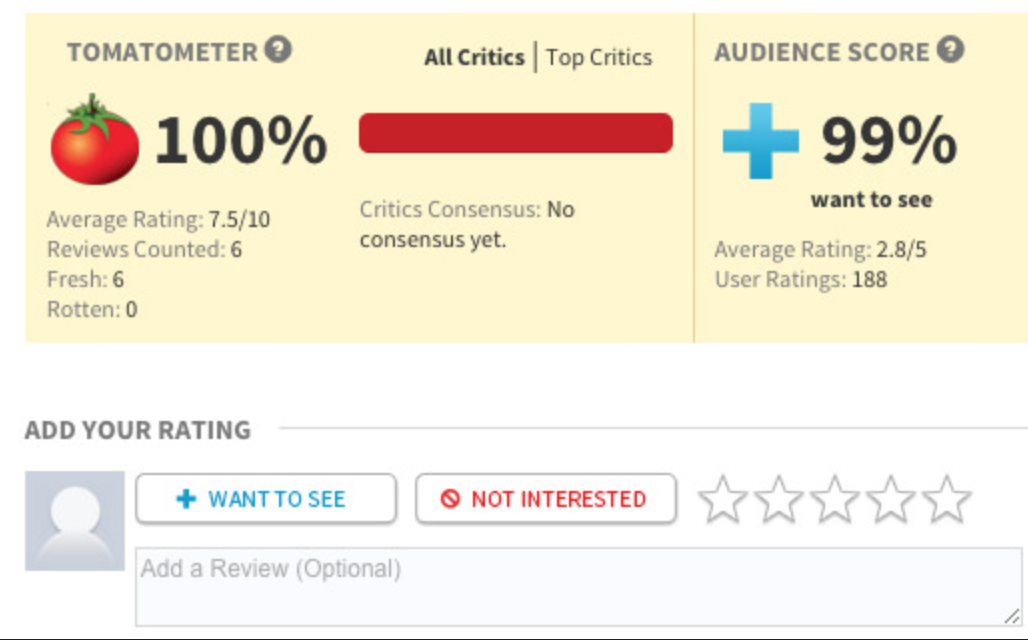What’s your favorite read from 2021?
Daniel Burkett: “Background Checks for Alcohol” by Tim Hsiao
One of the most important aims of moral philosophy is ensuring we have consistency across our ethical beliefs, and there’s nothing more exciting (or infuriating) than discovering that we may, in fact, hold two grossly inconsistent positions. This piece did precisely that for me, and – I assume – will for many others.
Richard Gibson: “The Moral Dimension of Literary Translation” by Beatrice Harvey
I suspect like most monolinguists, the intricacies of literary translation never really occurred to me. Harvey’s piece does a superb job of introducing the reader to the processes’ intractable ethical issues, while at the same time drawing in themes of imperialism and colonialism; topics which don’t get enough coverage given their pervasive impact on practically every aspect of society.
Giles Howdle: “Should Speech Have Consequences?” by Benjamin Rossi
What I particularly enjoyed about this piece was how it manages to elegantly transcend the typical slogan-hurling “free speech debate.” The article’s consequentialist approach to the topic weighs up an abundance of interesting and relevant considerations, many of which I hadn’t consciously considered before, while retaining a great sense of coherence and clarity.
Benjamin Rossi: “Praise and Resentment: The Moral of ‘Bad Art Friend’” by Megan Fritts
I loved the story upon which this column was based, and I thought Megan did a wonderful job drawing out some of the ethical quandaries the story raises.
Jake Wojtowicz: “Background Checks for Alcohol” by Tim Hsiao
I found Tim’s piece fascinating. He argued that alcohol is more dangerous than guns, so if we want to put checks in place for buying guns we’d better also put background checks in place for buying alcohol (or there shouldn’t be checks for either). It was a provocative and interesting piece arguing for a wild conclusion that really got me thinking.
Rachel Robison-Greene: “Parents’ Rights and Public Education” by Tucker Sechrest
The article does an excellent job at identifying the various values at stake: autonomy, paternalism, rights, knowledge, and the public good. It makes a compelling case for the view that education isn’t and can’t be just a transmission of the personal values of each individual parent. The primary obligation of our public school system is to care for and create reasonable citizens and responsible, autonomous adults who are armed with the necessary information to operate in a world in which a significant body of knowledge is increasingly necessary. Some of this material will be social and historical. We can’t stop teaching about race or ban books on the topic simply because parents don’t want their children to know about it. This piece is important and timely.
A.G. Holdier: “Destroy the ‘Mona Lisa’ for an NFT?” by Megan Fritts
This analysis of NFTs as aesthetic objects goes beyond a treatment of a fleeting cultural hiccough to explore an important point about artistic experience itself: namely, the value of (something like) reality that we often take for granted in our discussions about art. While it remains to be seen whether or not “non-fungible tokens” will develop beyond a pandemic-era quirk, their present cachet deserves the kind of philosophical reflection that Megan aptly demonstrates here.
Megan Fritts: “On Journalistic Malpractice” by A.G. Holdier
Marshall Bierson: “Losing Ourselves in Others” by Rachel Robison-Greene
This piece does a wonderful job of articulating the ways in which our psychological need to defend our identity, can get in the way of clear moral understanding. I think it both helps us empathize with those who we think are blind to important moral realities and encourages our own humility as we recognize that our own moral thinking might well be blinkered by in-group bias.




